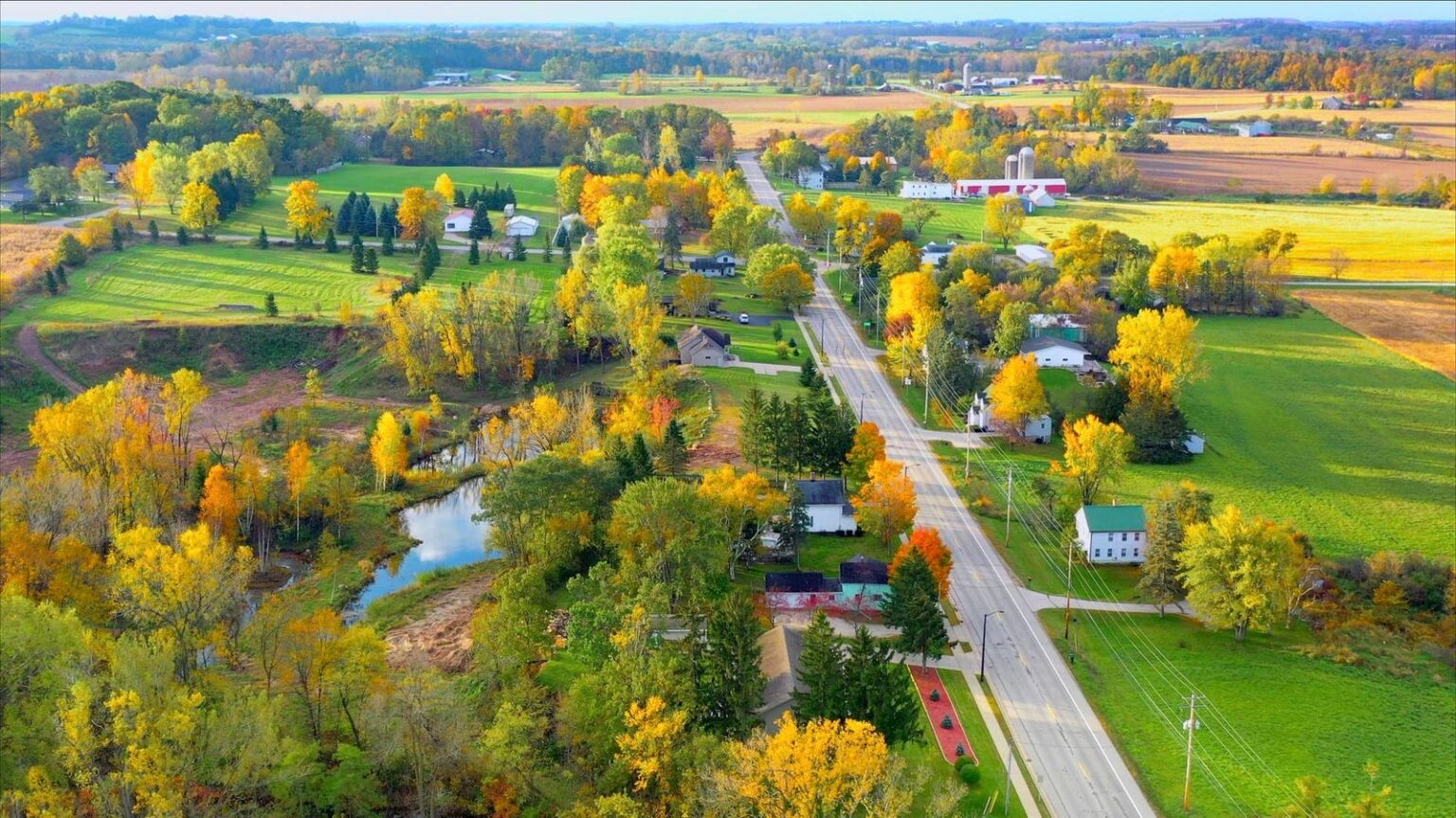The recent trend of Americans relocating from urban centers to small towns has gained momentum, a shift fueled by the rise of remote work and a desire for a more tranquil lifestyle surrounded by nature. Traditionally, media narratives portrayed small-town life as a stepping stone for young people who aspired to the excitement and opportunities that cities seemed to promise. However, this narrative is evolving. Reports, such as one from the Economic Innovation Group, indicate a significant exodus from large urban counties, with over 800,000 residents leaving in 2023 alone. This movement signifies a growing appreciation for the affordability, less hectic pace, and charm of small towns, prompting many to reassess the value of rural living.
One of the primary attractions to small-town life is the affordability of properties compared to their urban counterparts. Real estate expert Bill Golden notes that many of his clients, including those who have transitioned from busy cities, are enticed by the prospect of acquiring larger homes at reasonable prices. Many choose to buy properties with specific plans in mind, such as renovation projects or starting small businesses in town. This trend highlights a common strategy among new residents: investing in a small-town home while maintaining city ties, whether for employment, social activities, or essential services. The financial incentives are compelling, especially for families and retirees seeking more space and a relaxed lifestyle.
However, while affordability is a key consideration, it’s important to recognize that not all small towns offer equal real estate opportunities. Golden cautions that “small town” does not always equate to low prices, particularly in areas that serve as vacation hotspots or are linked to specific institutions, like colleges. Here, the demand for housing can inflate real estate prices, diminishing the financial advantages often associated with rural living. Therefore, potential movers should conduct thorough research on their chosen town’s economic landscape to avoid unexpected costs and ensure they’re making a sound investment.
Beyond real estate, small towns often provide individuals with a sense of privacy, peace, and an abundance of natural beauty. Moving away from the noise and congestion of the city can lead to more serene living environments, often with opportunities for outdoor activities like hiking or fishing readily accessible. However, the culture of small towns can differ significantly from what many are accustomed to in urban settings. Real estate broker Tyler Forte emphasizes that experiences can vary; while some may perceive small towns as overly gossipy, most residents tend to respect each other’s personal matters. The sense of community is noteworthy, often thriving on strong interpersonal relationships fosters through local events and collaborations.
Nonetheless, prospective small-town residents should be aware of the trade-offs associated with rural living, particularly regarding amenities and services. Although communities may offer unique local experiences, amenities can be sparse. Access to healthcare is a particularly pressing concern, as many rural areas face shortages of medical professionals and facilities, often requiring residents to travel long distances for comprehensive care. Basic services like grocery stores and dining options may also be limited, necessitating reliance on personal vehicles and planning. Moreover, rural living may involve adapting to lifestyle changes, such as dealing with weather-related disruptions or managing property maintenance more independently compared to urban conveniences.
In addition to these lifestyle changes, moving to a small town can alter insurance and coverage needs significantly. Homeowners in small communities often need specialized insurance considerations, particularly regarding septic systems versus municipal sewage systems. With the potential for more extensive property and landscape challenges, individuals must ensure they have appropriate coverage for a wider array of personal possessions and liabilities. In parallel, more space opens opportunities for gardening and outdoor design trends that cater to personal interests, which can enrich one’s living experience in a small town.
Ultimately, while the allure of small-town living is compelling and increasingly embraced by many former city dwellers, it requires consideration and foresight. Prospective movers should invest time in understanding the community dynamics, assessing available services, and envisioning their lifestyle in a different environment. Such due diligence can facilitate an informed decision, ensuring that the transition is both fulfilling and sustainable. Living in a small town can be a delightful experience, offering unique rewards of minimalism, community engagement, and a deeper connection with the surrounding environment, provided one is adequately prepared for the associated changes.

